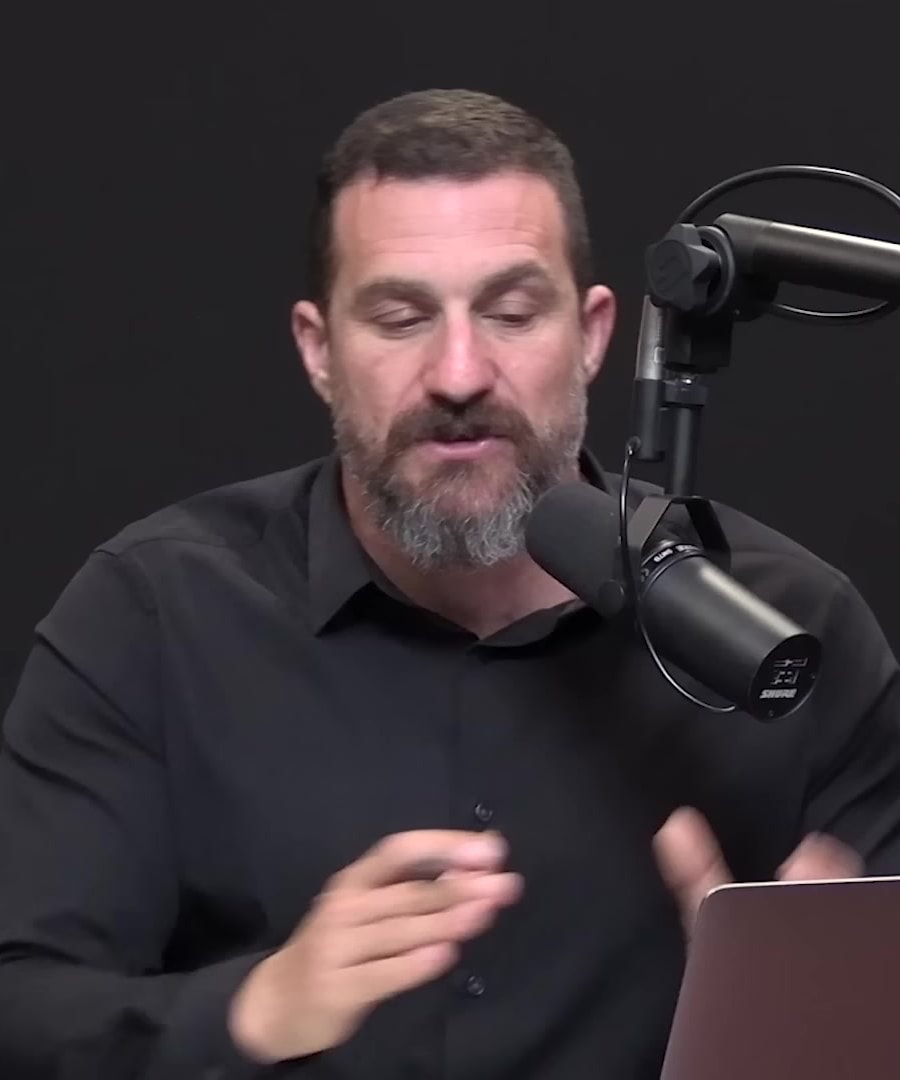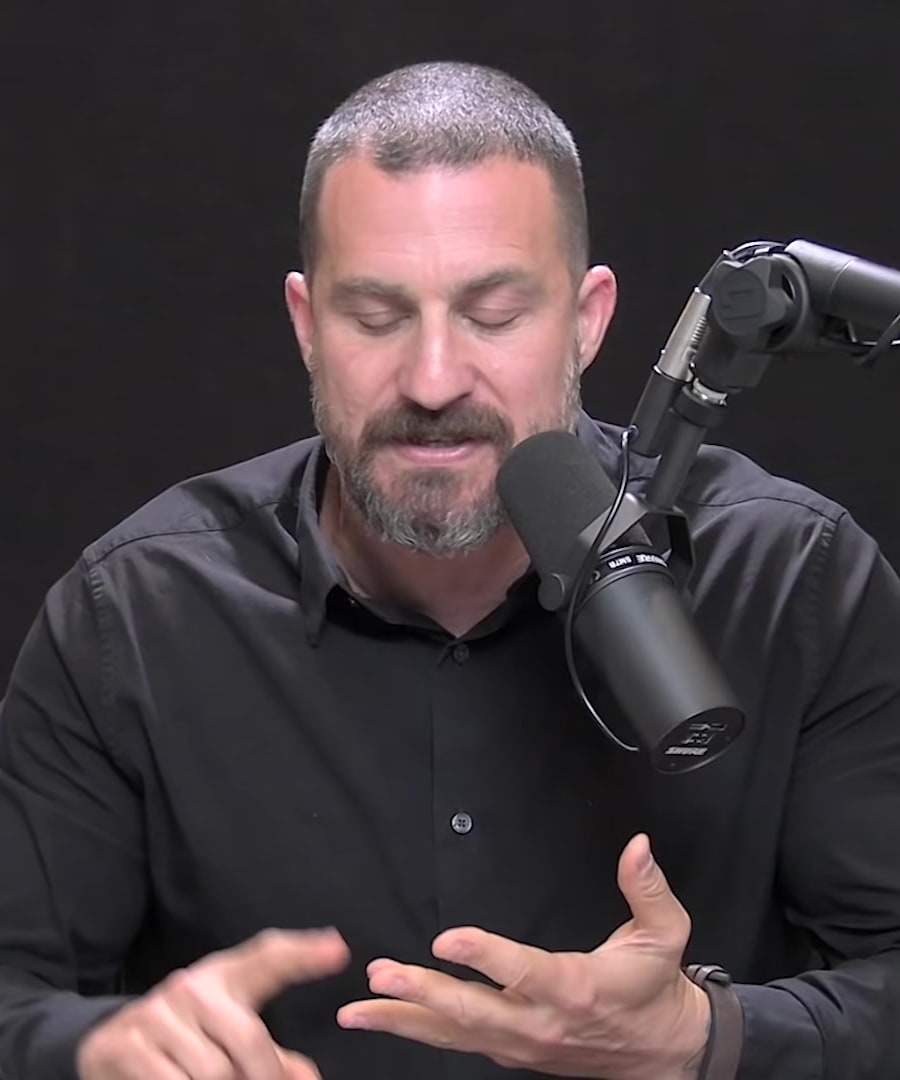Nsdr
Sources:
Non-Sleep Deep Rest (NSDR) is a term coined by to describe a collection of practices aimed at inducing deep relaxation without actual sleep, similar to yoga nidra. Here are some insights into NSDR:
Benefits and Uses:
-
Restorative Effects:
-
Daily Practice:
- Practicing NSDR for 10 to 30 minutes daily can enhance overall mental and physical wellness. If sleep-deprived, extending the session to 30 or 60 minutes is recommended 2.
-
Dopaminergic Effects:
Practical Implementation:
-
Accessible Scripts:
- offers free NSDR scripts on YouTube through his channel. These scripts guide you through protocols similar to yoga nidra without any mystical or complex language, making them accessible to a broader audience 1.
-
Adaptation for Anxiety and Stress:
Differentiation from Other Practices:
- Unlike meditation that often requires focused attention, NSDR involves shifting towards a state of defocused relaxation. This deliberate reduction in neural effort can help reset the brain's ability to engage in tasks and manage stress 6.
For detailed guidance, you can find NSDR scripts by searching "Huberman NSDR" on YouTube. These are designed to be simple, direct, and effective for inducing deep relaxation and mental reset.
RELATED QUESTIONS-
Nsdr
- RELATED QUESTIONS





